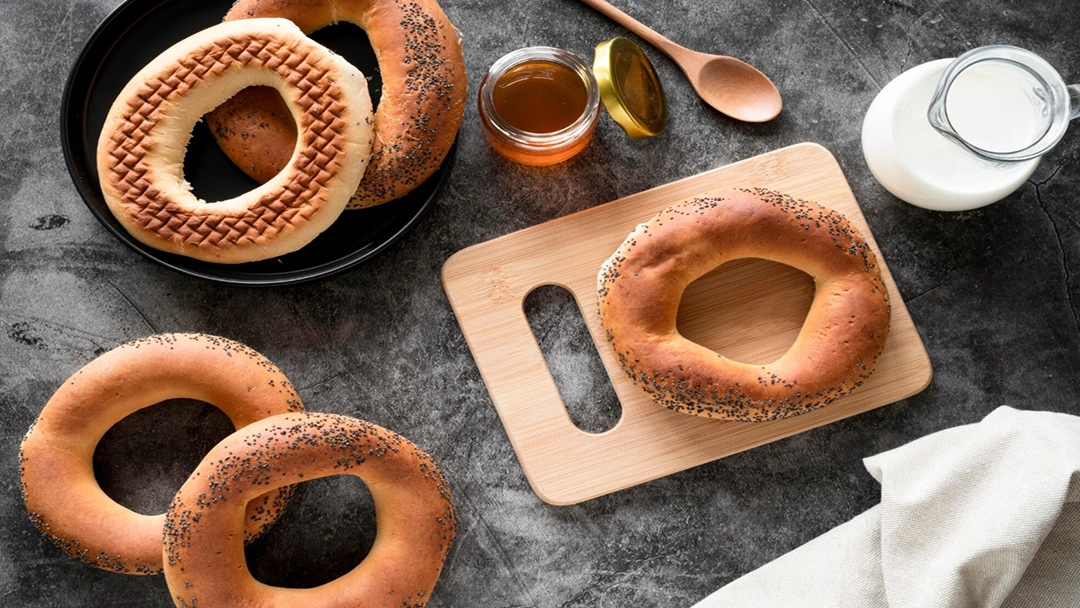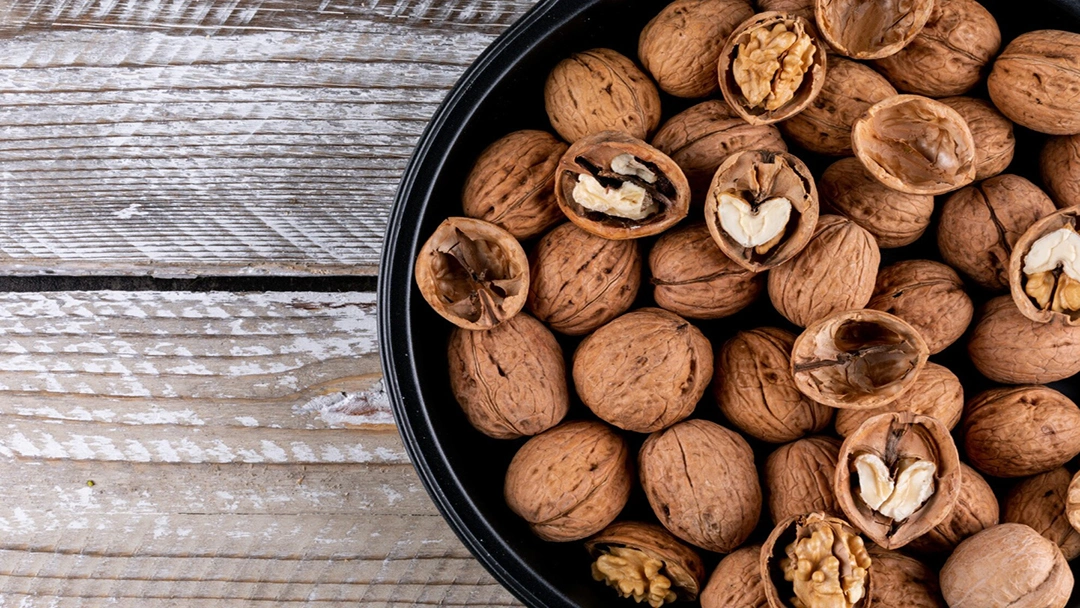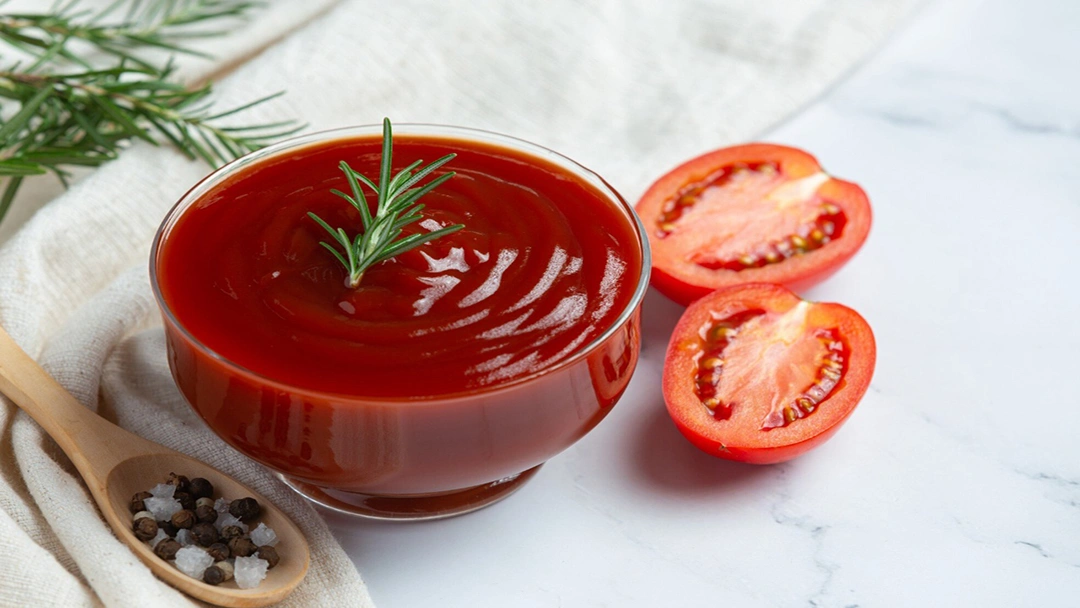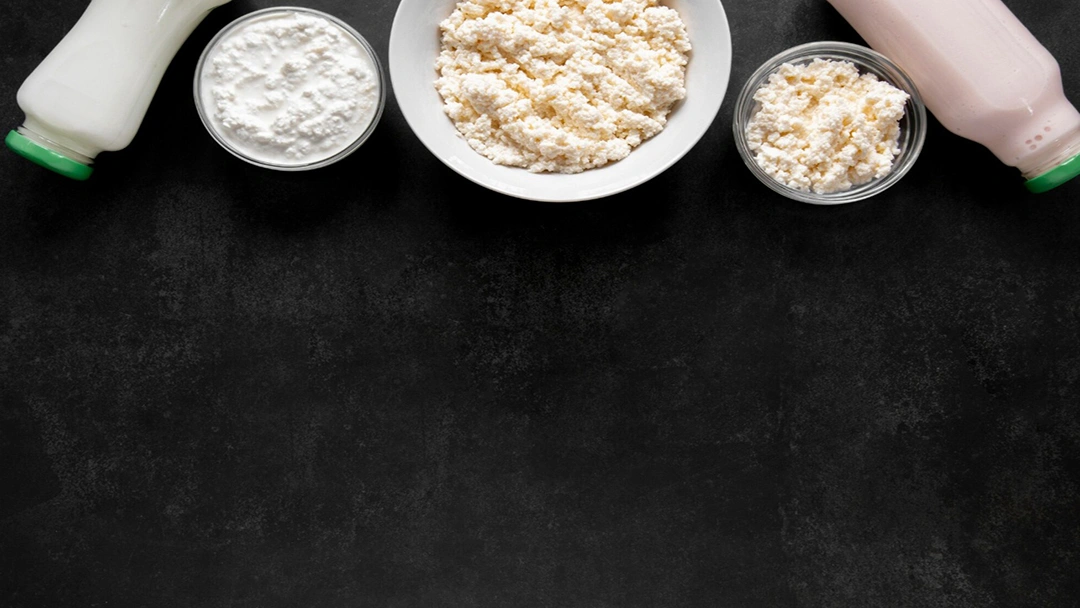Does the Carnivore Diet Increase Cholesterol Levels?
A common misconception about the Carnivore diet meal plan is its impact on cholesterol levels. Many people believe that this diet can negatively affect cholesterol because of its high meat content.
However, a 2020 study showed that the effect of the Carnivore diet on LDL cholesterol (the "bad" cholesterol) is more related to the amount of saturated fat consumed rather than the quantity of meat [1].
Also, saturated fat has been thought to raise LDL cholesterol and increase the risk of heart disease. However, recent studies suggest that there isn’t a direct link between saturated fat and the risk of heart disease [2] [3].
Moreover, LDL cholesterol levels may temporarily increase and then either decrease or stabilize over time. This pattern suggests that the Carnivore diet might not have as bad an impact on LDL cholesterol as many may assume [4].
It’s important to note that individuals react differently to dietary cholesterol. Some people are "cholesterol hyper-responders," i.e., are more sensitive to changes in dietary cholesterol.
[cta-meetings]
They should consult a healthcare professional before starting the Carnivore diet to ensure that animal-based foods won’t negatively impact their cholesterol levels [5].
The most important point about cholesterol is that it isn't inherently bad; your body needs it for essential functions. However, we need to maintain the balance between LDL and HDL cholesterols.
Learn More: Carnivore Diet Before and After Photos: Carnivore Diet Results
What Are LDL and HDL Cholesterols?
Cholesterol plays a vital role in several bodily functions, such as producing vitamin D and substances that help digestion. There are two main types of cholesterol: LDL (low-density lipoprotein) and HDL (high-density lipoprotein).
- LDL cholesterol can help you maintain cardiovascular health and adjust hormones, but excessive amounts of it in the body can lead to arterial plaque buildup, which is a significant concern as it increases the risk of heart disease and stroke. Leaner cuts of meat like ribeye steak and organ meats like liver can be good for managing LDL levels [6].
- HDL cholesterol’s role is transporting cholesterol from various parts of the body back to the liver. The liver processes and removes harmful components from the body. By doing this, HDL cholesterol helps reduce the risk of heart disease and stroke, making it a beneficial component of your cholesterol profile. Certain fishes like salmon and animal products like eggs can be the best options for HDL cholesterol [7] [8].
[cta-meal-plan]
Although many may think fats are the only foods affecting cholesterol, sugar can also significantly impact the HDL and LDL cholesterol levels.
The Effects of Sugar on Cholesterol
Consuming high amounts of sugar, especially from sources like refined fructose or sucrose, can raise LDL and reduce HDL, causing heart issues and less effective performance by the liver [9].
Moreover, a 2017 research showed that higher sugar intake, particularly in children, can lead to a decrease in HDL cholesterol levels.
So, by following a Carnivore diet and minimizing or avoiding sugars, we can keep our HDL (good) cholesterol levels in a standard range. [10] [11].
While consuming high amounts of sugar can negatively impact cholesterol levels, consuming low levels of added dietary sugar has been found to have minimal effects on long-term LDL and HDL cholesterol levels.
So, moderation in sugar intake, rather than complete elimination, can be a good approach for those not following low-carb diets like Carnivore [12].
The effect of sugar or other foods on cholesterol levels is only manageable if you know the normal range of cholesterol, especially in the Carnivore diet. It will help you spot the changes in your cholesterol levels and modify your approach accordingly.
Learn More: Bodybuilding on a Carnivore Diet: Bulking or Losing Muscles? [Meal Plan]
[cta-gocarnivore-plans]






























